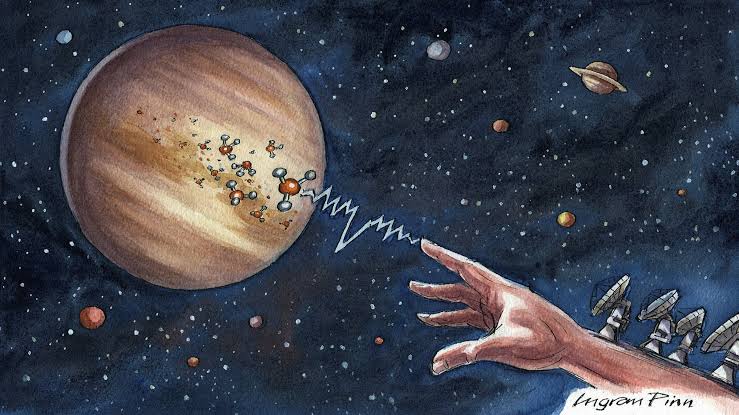This comes after phosphine was detected on Venus’s atmosphere
Rocket Lab has been faring well with its small Electron booster rocket in the three years since it was first launched. Like any other spacecraft, it has faced setbacks, but it’s success triumphs over it. Right now, it has been tasked to go on a mission to Venus after recent biosignatures were detected in its atmosphere.
https://www.instagram.com/p/B8CsHg-BYoX/?utm_source=ig_web_copy_link
This mission came to be after phosphine was detected in the atmosphere. While it does not confirm that life indeed exists, it’s interesting nonetheless since phosphine is not supposed to be present unless a living organism is producing it. So the mission is to determine if our suspicions are indeed true, and that there are aliens floating around, or if some other chemical process is causing phosphine to be produced.
Getting to know more about Venus
https://www.instagram.com/p/CFw5Tzkh8U2/?utm_source=ig_web_copy_link
This mission was being planned for a while now, and Rocket Lab founder and CEO Peter Beck said that the team was discussing matters with scientists about the phosphine discovery. The main goal is to gather critical data about the planet. The signals were found on one layer of the atmosphere, but to get there, you will need to pass through layers which have choking pressure a hundred times higher than earth and the temperature there is enough to melt lead.
https://www.instagram.com/p/CFqu9F7jAT5/?utm_source=ig_web_copy_link
Venus is still shrouded by mystery as it showed signs of being similar to Earth before becoming the hellish wasteland we see right now. Rocket Lab had been wanting to know more about that but the phosphine discovery made the matter a whole lot more important. Rocket Lab may even be sending multiple probes to the planet depending on the success of the first mission.
(Cover: Ingram Pinn)

